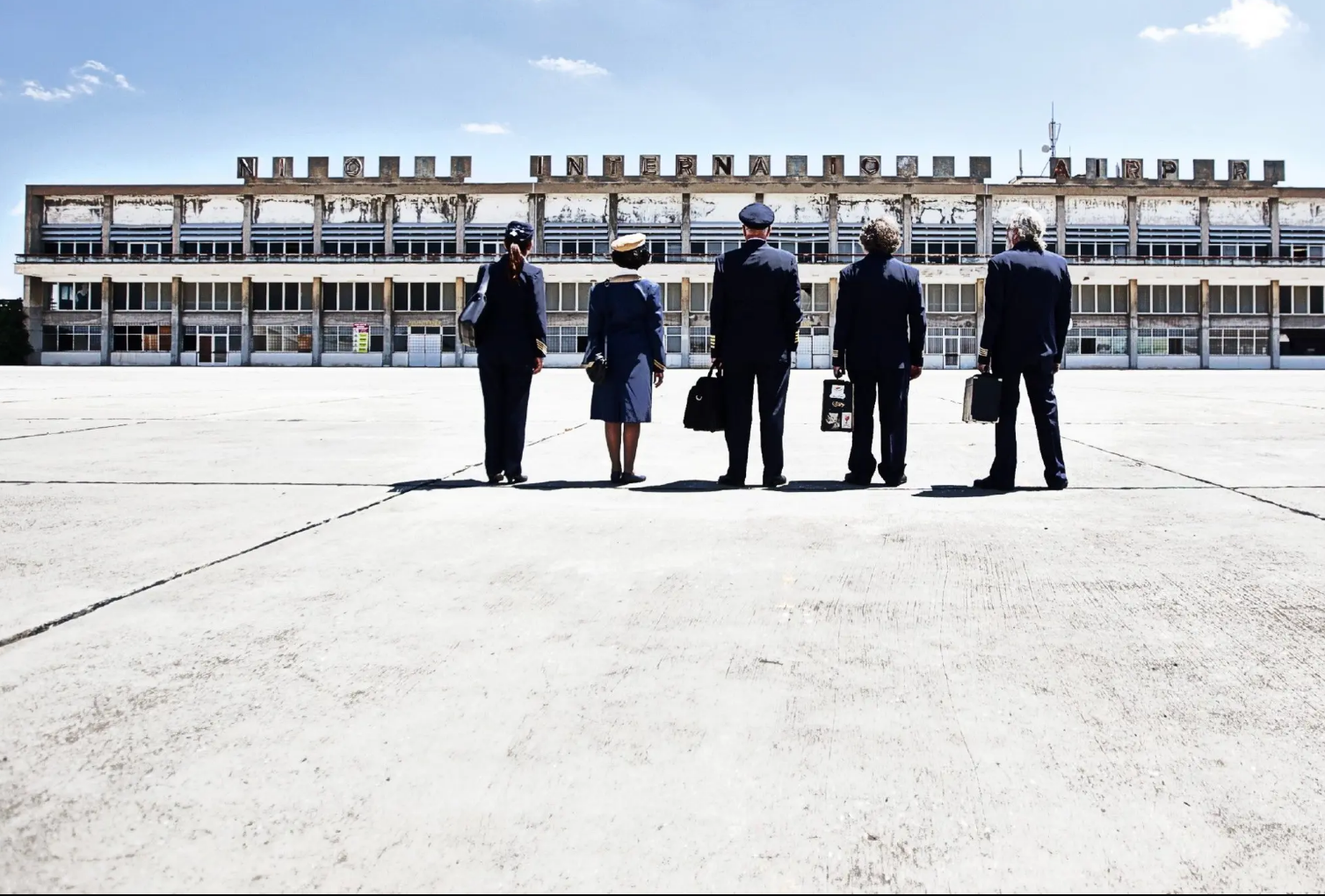Greeting is a basic communication function. It allows us to interact with people on a more personal level, and it can foster a positive working atmosphere among colleagues.
We exist in an era when everyone’s face is buried in their phone. Despite living on a beautiful Mediterranean island, people pull out their phones, browse, scroll, and click just long enough to avoid eye contact or conversation, whether they are on the beach basking in the sun, out with family or friends at a local tavern, or ‘socialising’ at a popular coffee shop.
Why do people battle with this most basic form of communication? Are they concerned that uttering a single word in greeting will necessitate a longer sentence and an extended discussion to appear open and approachable?
Perhaps this is the new norm, but in my view, a lack of social skills is often regarded as rude or arrogant. Saying hello to someone not only acknowledges their existence, but it is also respectful.
I have often spoken or written about the lack of common courtesy in today’s society, but complaining about it does not always solve the problem. I have decided that failing to say hello before starting a conversation will no longer elicit a response from me, and that includes social media messages and emails.
The digital world has certainly altered the way we interact, but I cannot accept it when people carry on from a previous discussion that took place on a different day, without first beginning with a simple salutation. Circumstances change from minute to minute – if I was wonderful when we last spoke, there is no guarantee that I am feeling the same way today; a life-changing experience could have altered my emotional or physical status, so a simple greeting will also allow the one messaging to assess the direction of the conversation, or the need to pursue the conversation in its entirety. Begin your conversation with a basic hello and work your way from there.
Emails should be treated similarly. Business emails that do not include a salutation are viewed as rude, bossy and demanding. Even if it is standard practice within an organisation, a greeting is required in the first email; thereafter, it can be omitted. However, it is essential to remember that a different day necessitates a new salutation, even if the same email thread from the previous day is still active.
The following true-life event demonstrates the significance of simple greetings. A woman worked in a meat distribution plant. When she completed her work schedule, she went into the cold room to inspect something, but the door closed and she was trapped inside with no help in sight.
Despite screaming and knocking, her pleas went unnoticed because no one could hear her. Most of the employees had already left, and it was difficult to hear what was going on inside the cold room from outside. Five hours later, when she was on the brink of death, the factory’s security guard finally opened the door.
When she later asked the guard how he came to open the door – which was not his normal work routine – he explained that he had been working in the factory for over 35 years and that, despite the hundreds of workers who entered and exited the premises, she was one of the few who greeted him in the morning and when she left work in the evenings.
“Like every other day, you welcomed me with a simple ‘Hello’ as you arrived at work. But, this evening, after work, I noticed that I hadn’t heard your ‘Bye, see you tomorrow,’ he said. “As a result, I chose to take a look around the factory.”
According to the security guard, the woman’s daily greetings reminded him that he was someone. “I sensed something had happened when I didn’t hear your farewell today. That’s why I was looking for you everywhere.”
A basic gesture such as saying hello or good morning to your colleagues on a daily basis can help reinforce a respectful atmosphere that transforms a workplace into a community. More importantly, it is the most straightforward and cost-effective method to make the world a better place.







Click here to change your cookie preferences